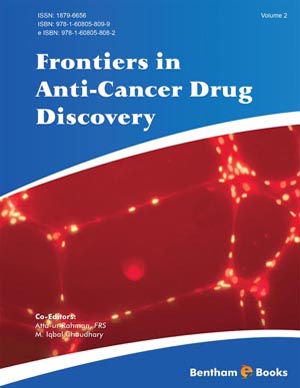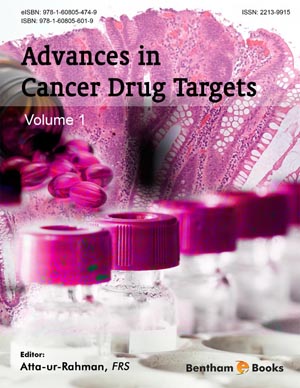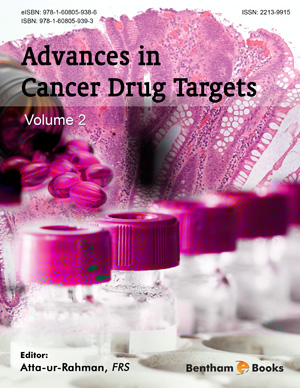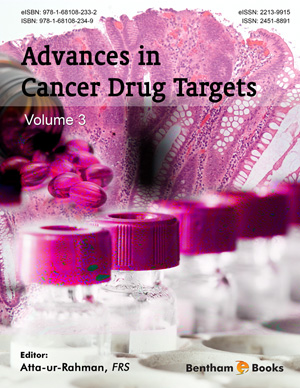Abstract
Phosphorylation and post-phosphorylation events are important regulators of cell signaling and protein activity. Important information about the peptidyl-prolyl isomerase Pin1 in the last decade has revealed a level of regulation beyond phosphorylation. Pin1 can interact with phosphorylated proteins and alter the isomerization state of the peptide bond involving serine/threonine-proline, which can bring about a change in their structure. Post-phosphorylation events, such as isomerization of the peptide bond, can lead to functional consequences e.g. increase in protein activity, turnover, dephosphorylation and ubiquitination on account of changes to the protein structure. Since levels of Pin1 are higher in tumor cells than in normal cells, Pin1 appears to be an attractive target for cancer therapy. Indeed, many studies have suggested that Pin1 inhibition could induce tumor cell death. The current literature and insights into use of Pin1 inhibitors as anti-cancer therapeutic agents and as adjuvants are reviewed.
Keywords: Pin1, post-phosphorylation, isomerization, DNA damage response, drug resistance, apoptosis, cancer, cell death, new drug targets, drug design, enzyme inhibitors, PPIase, peptidyl-prolyl isomerase.






















